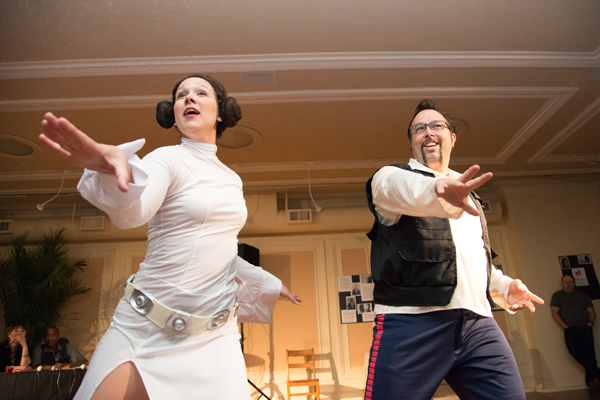Bind Ambition; a rant
Ambition is the last refuge of failure. ~Oscar Wilde
Hungry. Restless. Itchy.
It is in your bones. You have it or you do not. I am not trying to mystify any constructs here, I am getting to the heart of the matter.
Motivation. Ambition. You are always doing what you are motivated to do.
For those who are indeed ambitious, there are some critical steps necessary to develop functional activity and connect that activity to achievement.
- Acknowledge
- Define
- Plan
- Discriminate
- Sleep
Acknowledge the flood of interests, curiosities, and knowledge that you have. No humble-brag. No intended arrogance, here. It is important to have some self-awareness. I will touch on that in other sections as well. You are someone who has made it this far because you are motivated and love to know about things. You have developed a method for mastery of plenty of domains and you know enough to be an asset to many other people and, if you are not careful, you will be stretched thin and get nothing done.
Define your core interests. I know, it is hard. It is like picking your ONE favorite record or your SINGLE favorite book. Nearly impossible but not impossible. What is the one you couldn’t live without. Well, the same has to be true of your primary contribution. What will people say about you when you are dead? Gone? What is on your career tombstone? What is engraved on your retirement watch? What will they say? Will they agree? Does it match your ambitions?
Plan for success. You have whittled your interests down to a single one. That was the hard part–or was it? Find the true beginning. Is there enough of a foundation on which to stand or do you need to revisit? Is it worthy of a full meta-analysis as a foundational paper or project? Even if you have a solid foundation, it is probably worth a full review for your own work. It is probably publishable, as well, especially if you can connect your work to a notable anniversary or new interpretation of the established publications. Map out your three, six, and twelve month activities and mix them up among local and national speaking engagements, opinion or provocative scholarly articles, and eventual publication of original work. Every thing you write should be publishable, even if it is a letter or opinion to a periodical or critical response to a publication. Always have an iron in every fire at every stage of the game and always be ready to tell someone about it.
Discriminate among your projects, prospects, interests, invitations, and pleasures. Do not be a hoarder. Keep a list and either complete a project or kick it off the island. Remember, you are always motivated to do what you do. If a project is on your to-do list too long, you are probably not that into it and will either A) never get it done; or worse B) hate it when you do.
Sleep. Go to sleep. Sacrificial sleep. Do not allow the distractions to win. The work that you do is necessary, important, and does not belong to you. Put it on paper and let us have it. It is not simply a “contribution to the field” that piles upon piles will justify your position. It may be one thing — or the only thing — that pushes some critical ideas to the surface.





